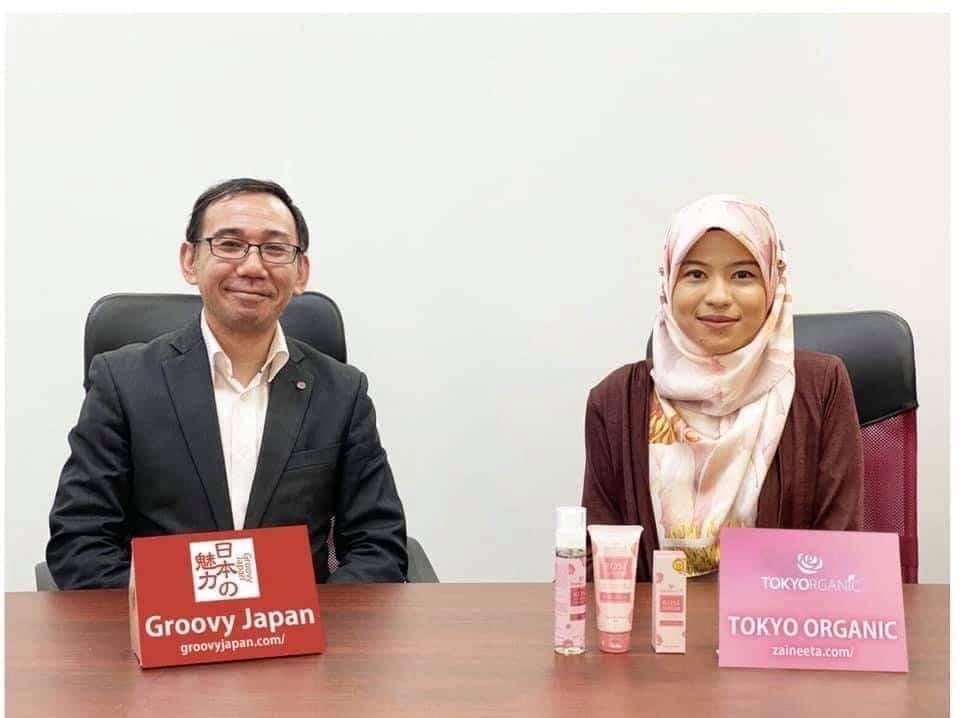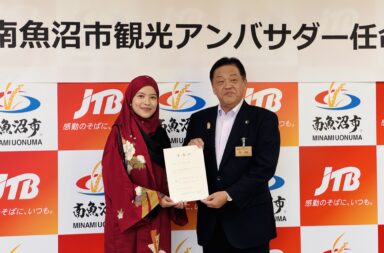This post is also available in: Indonesia
Written by: Zunita Ramli
How Do I Do Business With The Japanese?
I keep getting this question a lot recently.
First and foremost, we need to understand that Japan is a very culture-oriented society. An understanding of how it has shaped Japanese society will help one deal with Japanese people, businesses, and society in general.
See Also

Working and doing business with Japanese
The Japanese have been very good at adapting religions from outside the country. A long time ago, Confucianism and Buddhism came to Japan, and the Japanese took these teachings and adapted them to local conditions. They did the same with Western ideas from the 1860s onwards with great success. Modern Japanese culture can be seen as the mutual reinforcing of ancient Shinto, Buddhist, and Confucian traditions overlaid with modern institutions.
Hence, in order to do business with the Japanese, all these need to be understood. From my own experience, after years of dealing with Japanese on business matters, these are the tips that I could share.


A shot with a business partner in Japan
Bowing
Bowing is an important part of everyday life in Japan, including in the business context. Whenever you meet someone for business purposes or after a meeting, it is always a great idea to bow. It shows some level of respect and maintains harmony in the business relationship.
Be on time!
The Golden Rule. Simply don’t be late. This is considered blatantly disrespectful in Japan and can tarnish your reputation. Most businessmen will be around the meeting site around 30 mins to 1 hour before meeting time to do a quick preliminary inspection or to be completely prepared for the meeting and avoid unexpected things (traffic jams, train delay, etc). There is an implicit rule to arrive at the client’s office (if the client’s office is the meeting site) and push the buzzer at least 5 mins before the meeting time. Don’t be late and don’t be too quickly arrived as a consideration act to the clients that might be in another important job before meeting with you.
Express gratitude and apologize (when sincere) frequently
Thank you’s and apologies go a long way in Japan. Think of an apology as saying you feel sorry about a circumstance or inconvenience, not that you are necessarily responsible for it.
Building relationships
Japan is a relationship-oriented culture, particularly when it comes to doing business. Japanese want to know and trust someone before they do business with them. It might take some time to develop this trust relationship.

Business cards
The exchange of business cards (meishi) is an essential part of initial meetings in Japan and follows a strict protocol. It allows the Japanese to quickly determine their counterpart’s all-important position, title, and rank. The important thing to note is, that do not simply drop the card into your pocket, instead, take a few seconds to review names and titles, comment on them if time permits and make sure to take or receive the name card with both hands. If you are sitting down, place it on the table in front of you for the duration of the meeting.
Modesty
Japanese culture values modesty and humility. Speaking in a quiet tone will go some way towards giving a modest, calm, and humble impression.

Omiyage rituals
Omiyage (gift-giving) is another long-standing and highly ritualized custom in Japan. Having omiyage on hand to be given to your business partners when a meeting will create a good impression.
Don’t speak like how you always speak
If you speak in English, it is good to adjust your speed/tones emphasis to ensure your message is received and well-understood. It also might be better to use simple and easy-to-understand words to make sure both they and you understand the same message.
Be professional as a businessman
Sometimes their English is not so good. So, they might end up using the wrong words and might make the whole sentence a little bit harsh. Do not take it personally. Be professional. Believe me, most of the time, they do not intend to do so.
They do not always say things clearly
This is what confuses foreigners a lot when dealing with the Japanese counterpart. It will be up to you to decide, based on the things/rules that had been spoken before.
In Japanese society, there is an important term of “read the air (空気を読む kuuki wo yomu)” which means “read between the lines”, that need you to guess or presume the atmosphere to decide whether they agree or not with you. This might be working during a meeting, however, since we are doing business, make sure to state everything clearly written (in the contract, etc) to avoid misunderstanding of both sides.
I hope these tips will help you deal with the Japanese. All the best!


